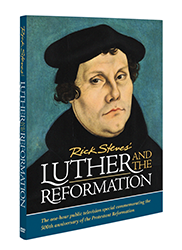 Tuesday October 17
Tuesday October 17
5:15 a.m. – Evangelism Committee
7:00 p.m. – Congregational Council
Wednesday, October 18
7:30 a.m. – Men’s Breakfast
1:00 p.m. – Prayer Shawl Ministry
6:00 p.m. – Confirmation Class
7:00 p.m. – Choir Rehearsal
8:00 p.m. – Band Rehearsal
Thursday, October 19
10:00 a.m. – Adult Bible Study- IN FELLOWSHIP HALL
5:00 p.m. – GS hosts Community Meal at First Lutheran
7:00 p.m. – Stewardship Committee
Saturday, October 21
10:00 a.m. – A Place to Connect Focus Group
Sunday, October 22 – 20th Sunday after Pentecost
8:45 a.m. – Band Warm up
9:30 a.m. – Worship with Holy Communion – 11 a.m. Broadcast
10:30 a.m. – Fellowship Hour
10:45 a.m. – Sunday School and Youth Forum
10:50 a.m. – Adult Forum – A Place to Connect – Stewardship Campaign




